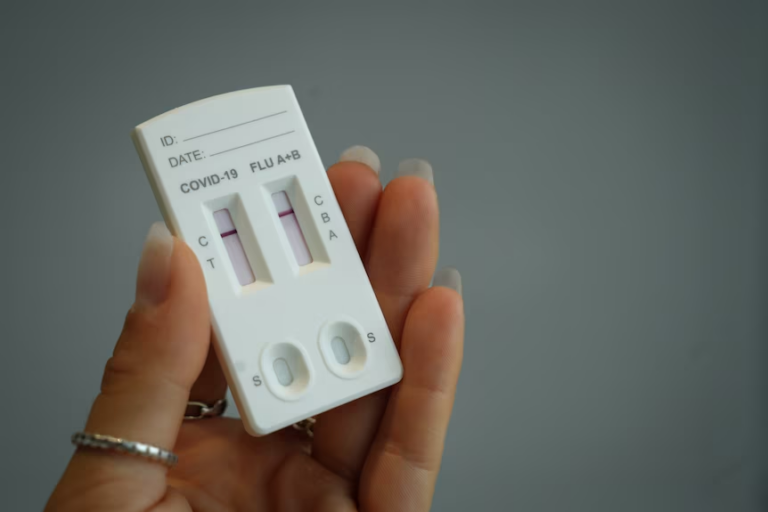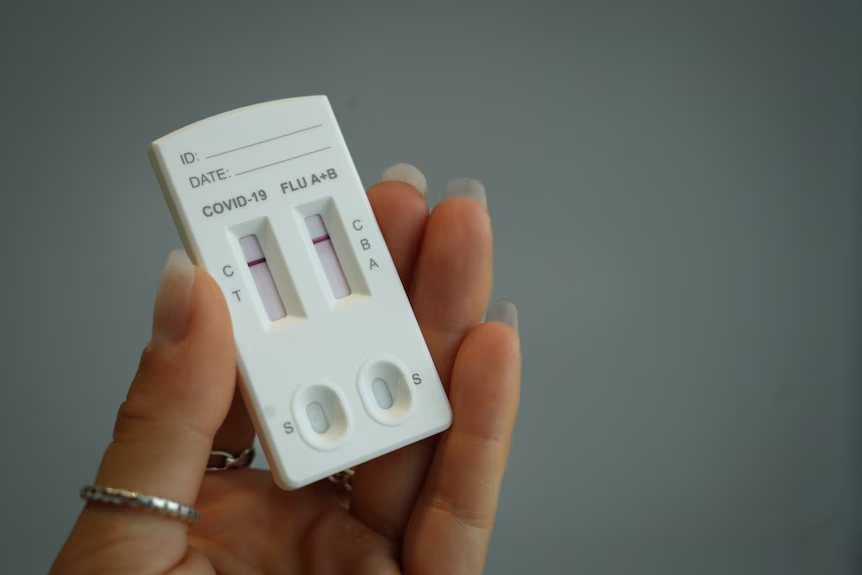When someone faces criminal charges, the uncertainty can be depressing. Legal consequences extend beyond courtrooms, affecting jobs, reputations, and personal lives. In such situations, professional representation becomes not just helpful but essential.
Whether the case involves impaired driving, assault, or other charges, the presence of an experienced advocate can significantly influence the outcome.
Here are 4 reasons why moving to a DUI Lawyer or criminal defense attorney is one of the most essential decisions an individual can make during these difficult times. Read on!
The Value of Legal Knowledge and Experience
Courtrooms are complex environments filled with legal terms, procedural requirements, and strict deadlines. An individual without a legal background struggles to understand the full scenario of what is happening.
A seasoned criminal defense attorney brings years of training and courtroom experience, allowing them to interpret laws and regulations that the average person may find confusing.
Every criminal case involves nuances. Laws vary and judges may have specific expectations regarding how cases should be presented. A defense lawyer not only understands these rules but also knows how to apply them in practice.
Protection of Constitutional Rights
One of the greatest risks in facing criminal allegations is the violation of personal rights. From the moment of arrest, individuals have constitutional protections that must be respected. These include the right to remain silent, the right to legal counsel, and protection from unlawful searches and seizures.
However, law enforcement or prosecution may sometimes overstep boundaries, either intentionally or unintentionally.
A DUI lawyer ensures these rights are offered, appropriately. If police fail to follow correct procedures during an arrest or investigation, evidence gathered may get inadmissible. Without professional representation, defendants might never recognize when such violations occur.
Development of a Strong Defense Strategy
No two criminal cases are identical. The circumstances, available evidence, and personal background of the accused all influence how a case should be approached.
A reliable defense requires more than simply denying allegations; it also requires building a strategy that highlights strengths, addresses weaknesses, and anticipates the moves of the prosecution.
A defense attorney examines every detail of the case. They review police reports, witness statements, forensic results, and other forms of evidence. They look for inconsistencies, procedural errors, and potential bias.
Where necessary, they consult experts who guide better how to counter the prosecution’s claims.
Negotiation Skills for Reduced Penalties
Not every criminal case reaches trial. In fact, many are resolved through negotiation. Prosecutors prefer plea agreements because they save time and resources, but negotiations are not as simple as agreeing to lesser charges.
The terms of these agreements vary, and without skilled negotiation, defendants may accept conditions harsher than necessary.
Defense attorneys bring negotiation skills through years of practice. They understand what prosecutors value and how to present essential factors that reduce penalties. These factors may include a clean criminal record or evidence of rehabilitation efforts.
By highlighting these elements, attorneys persuade prosecutors to consider alternatives to maximum penalties.































